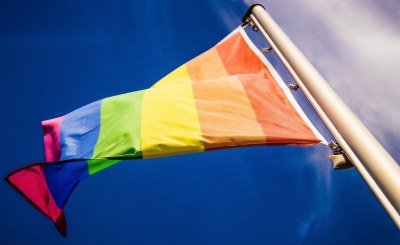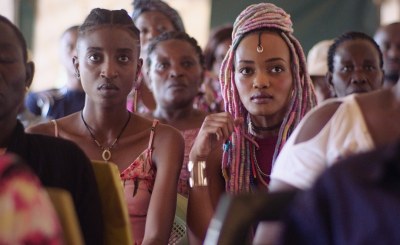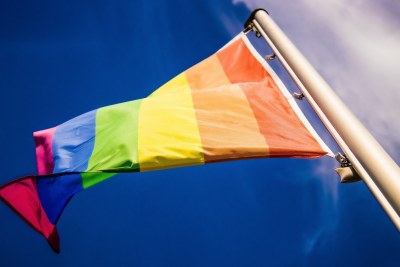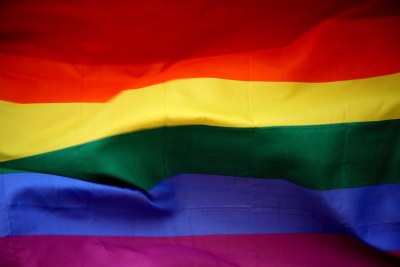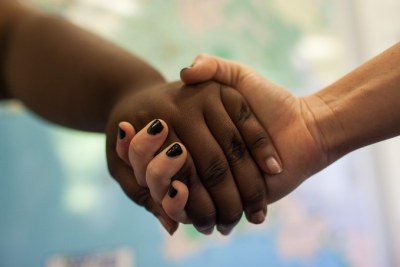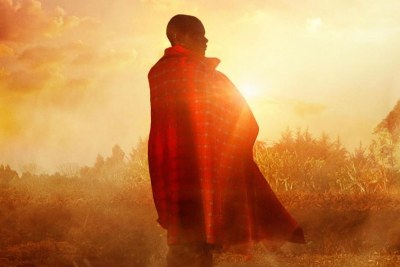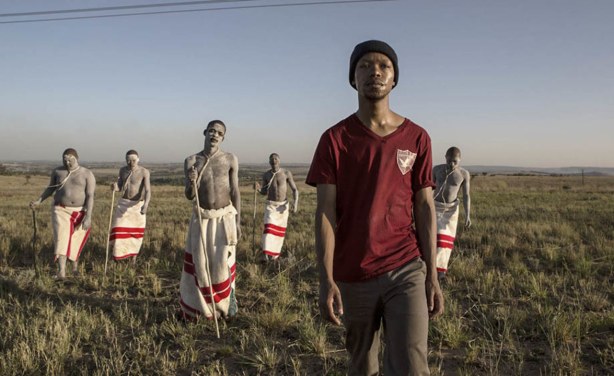-
Africa: Queer Film in Africa Is Rising - Even in Countries With the Harshest Anti-LGBTIQ+ Laws
The Conversation Africa, 26 September 2023
A recent book, Queer Bodies in African Films, studies the growing LGBTIQ+ output from film-makers around the continent, from Morocco to South Africa. In the process it analyses… Read more »
-
Africa: Anti-Gay Laws - Africa's Human Rights Regression
ISS, 27 September 2023
In the upsurge of laws and policies targeting homosexuality, the plight of victims is often forgotten. Read more »
-
Daily Maverick, 6 December 2021
Although banned in Kenya -- its country of origin -- queer documentary 'I Am Samual' aims to present new perspectives and understanding. Its makers hope the documentary will serve… Read more »
-
Africa: Banning African Films Like Rafiki and Inxeba Doesn't Diminish Their Influence
The Conversation Africa, 17 June 2021
Social media and internet forums function as an important space of contestation for issues relating to queer identities. This is evident in reactions to two fairly recent… Read more »
African Queer Films Rise, Despite Harsh Anti-LGBTQ+ Laws
The book "Queer Bodies in African Films" by Gibson Ncube explores the increasing presence of LGBTQ+ representation in films from African countries, spanning from Morocco to South Africa. These films often navigate unique social, cultural, and political challenges, and explore the complexities of being both queer, and African.
However, filmmakers still have to contend with diverse forms of banning and censorship. This does not, of course, diminish the films' growing influence. Studying these films has yielded a profound understanding of queer experiences within diverse African cultural contexts. The films undoubtedly shape our understanding of queer lives and experiences in a continent where queerphobia remains rampant, adds Ncube.
African queer films provide a unique window into the diverse experiences of queer people on a continent where homophobia is still common. These films challenge stereotypes, foster visibility, and contribute to global discussions about human rights. Across Africa, numerous countries have enacted harsh and discriminatory laws targeting the LGBTQI+ community. In some countries, the death penalty can even be applied.
Ncube's book describes experiences within African LGBTQ+ communities and debunks the myth that queerness is un-African.
InFocus
-
According to Police Spokesperson Resila Onyango, two underage boys are among three suspects arrested in the murder of Edwin Chiloba, a Lesbian, Gay, Bisexual, Transgender and Queer ... Read more »
-
June is Pride Month to celebrate the LGBTQI+ community. "Pride month means a month to celebrate my queerness because most of the month I'm fighting, ... Read more »
-
The continent's LGBTQI+ communities continue to face attacks on their basic human rights and their ability to access services such as healthcare by governments and religious ... Read more »
-
The Kenyan Film Classification Board has done it again as it has banned the documentary I Am Samuel, which regulatory officials said, was intentionally produced to promote ... Read more »
